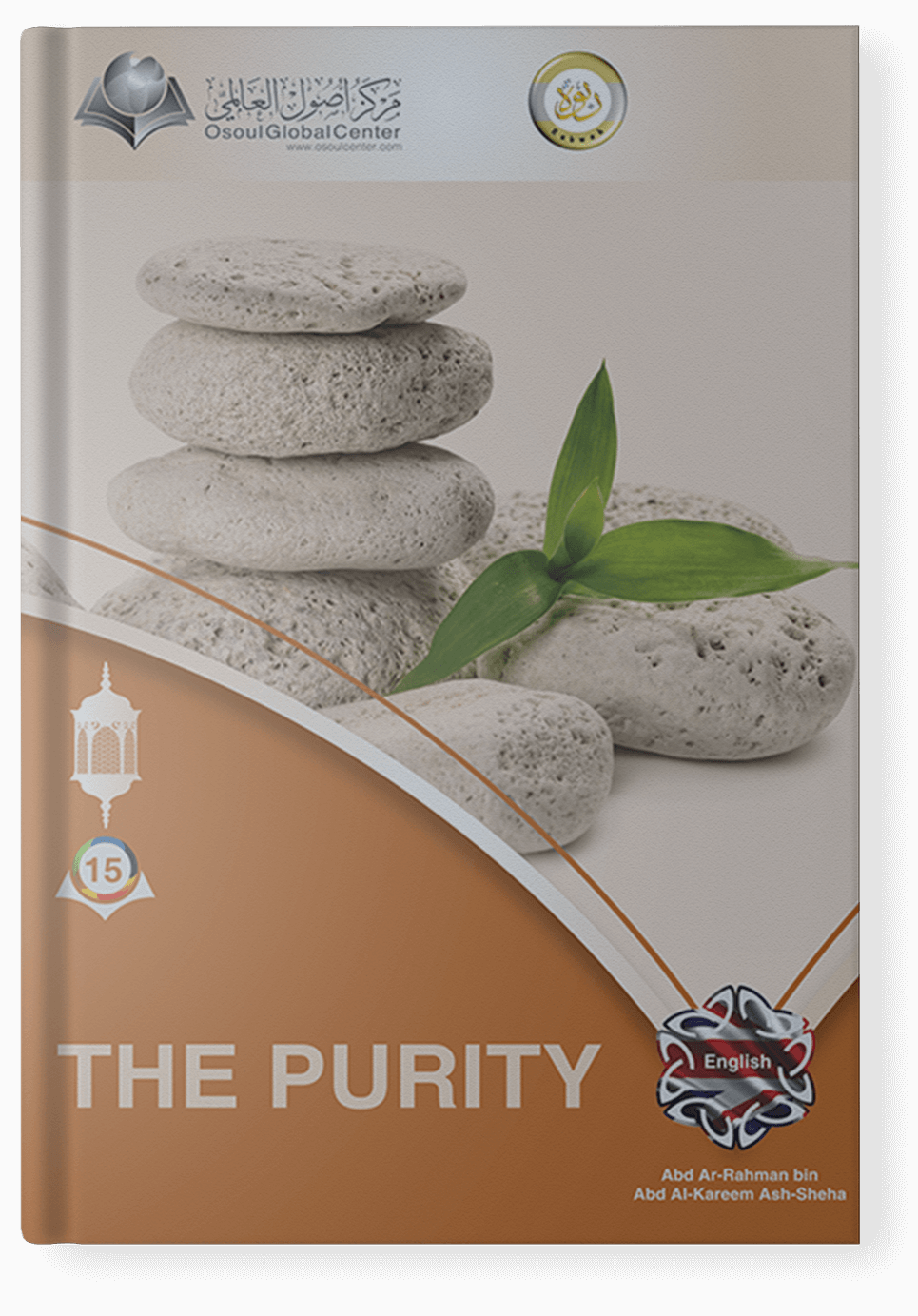Introduction
Praise be to Allah! May Allah exalt the mention of the Prophet Muhammad and render him, his family and his companions safe from all evil.
Purity (Tahârah) is a beautiful word that is pleasing to the eye, and a quality which everyone wishes to both acquire and maintain. From an Islamic perspective, purity has a general meaning. Thus it may mean, on one hand, physical cleanliness which is the purity (of the body) from perceptible filth, or ritual purification. On the other hand, it may mean spiritual purity which is the purity of the self from vices, sins and abandoning disobedience to the Creator, and getting used to good deeds and words. The teachings of Islam urge cleanliness. Jâbir narrated that Allah’s Messenger once came to them and saw a man with shaggy hair. He said, “Couldn’t he find something with which to tidy up his hair?” When he saw another man with dirty clothes, he said, “Couldn’t this man find water with which to clean his clothing?” (Ahmad ,Nasai and Abu Daud)
The Purity
Purity (Tahârah) is a beautiful word that is pleasing to the eye, and a quality which everyone wishes to both acquire and maintain. From an Islamic perspective, purity has a general meaning.
Read more +Ritual purity
Ritual purity is a prerequisite to prayer (Şalâh). It comprises either ablution (wudu’) for minor impurity or ceremonial bath (ghusl) for major impurity. If a Muslim purifies himself in accordance with Allah’s
Read more +Training his companions to love purity, he used to say the following supplication:
“O Allah! Praise be to You as much as that which fills the heavens and the earth and as much as You will. O Allah! Purify me with water, snow and ice(1). O Allah! Purify me of sins as a white garment is purified of dirt.” (Ahmad)- The teachings of Islam urge cleanliness. Jâbir narrated that Allah’s Messenger s once came to them and saw a man with shaggy hair. He said, “Couldn’t he find something with which to tidy up his hair?” When he saw another man with dirty clothes, he said, “Couldn’t this man find water with which to clean his clothing?” (Ahmad ,Nasai and Abu Daud)
- Ibn Al-Qayyim stated: “If a person purifies himself and then meets Allah in the Hereafter, he will enter Paradise without obstacles. However, in case he does not purify himself in this world: if his impurity persists, like the disbeliever, he will not be allowed into Paradise; but if his impurity is transient, he will be allowed to enter Paradise after he is purified in Hell of that impurity for a period of time.” (Ighathatullahfan 1/57)
- What demonstrates the comprehensive meaning of purity in the Islamic perspective is the fact it that was expressed in the Holy Qur’an in one word (Taharah), but in several circumstances, which indicates its comprehensive meaning: Purity from sins. The translated meaning of the Qur’an states in this regard: (Take from their wealth a charity by which you purify them and cause them increase...) [9:103]

